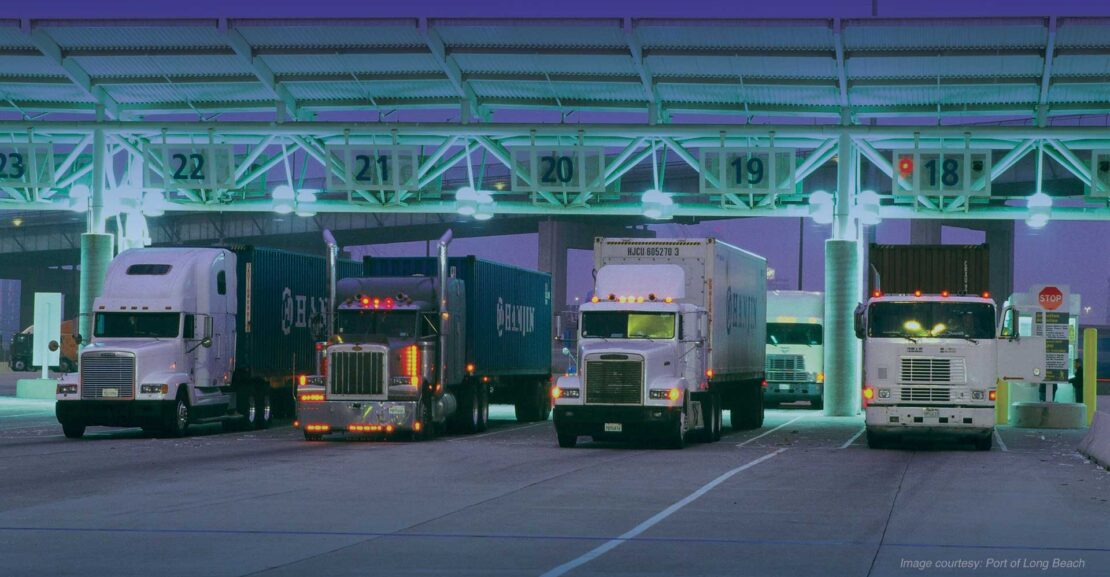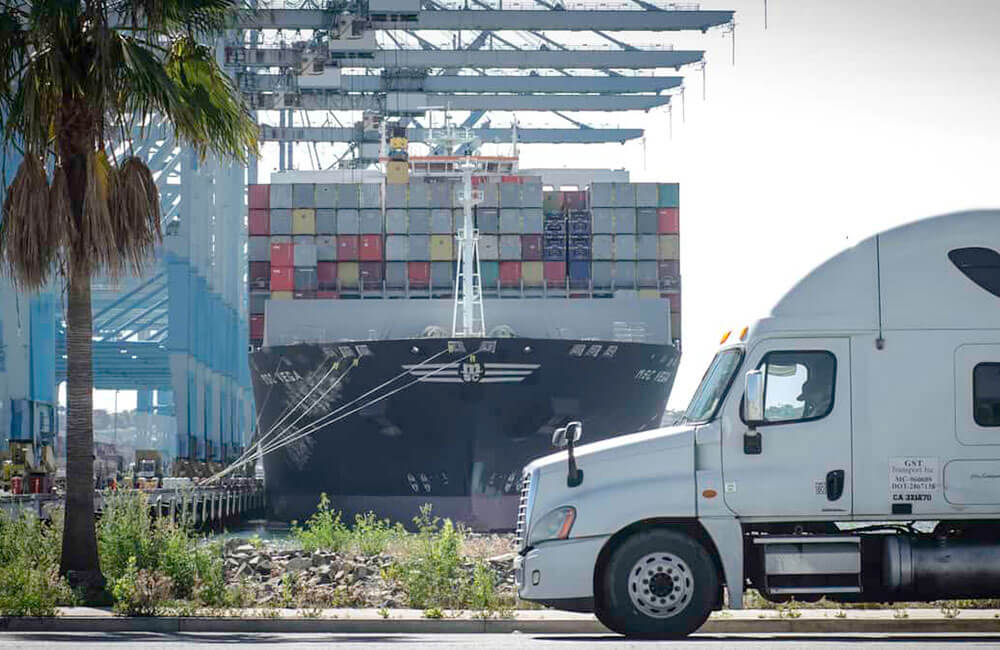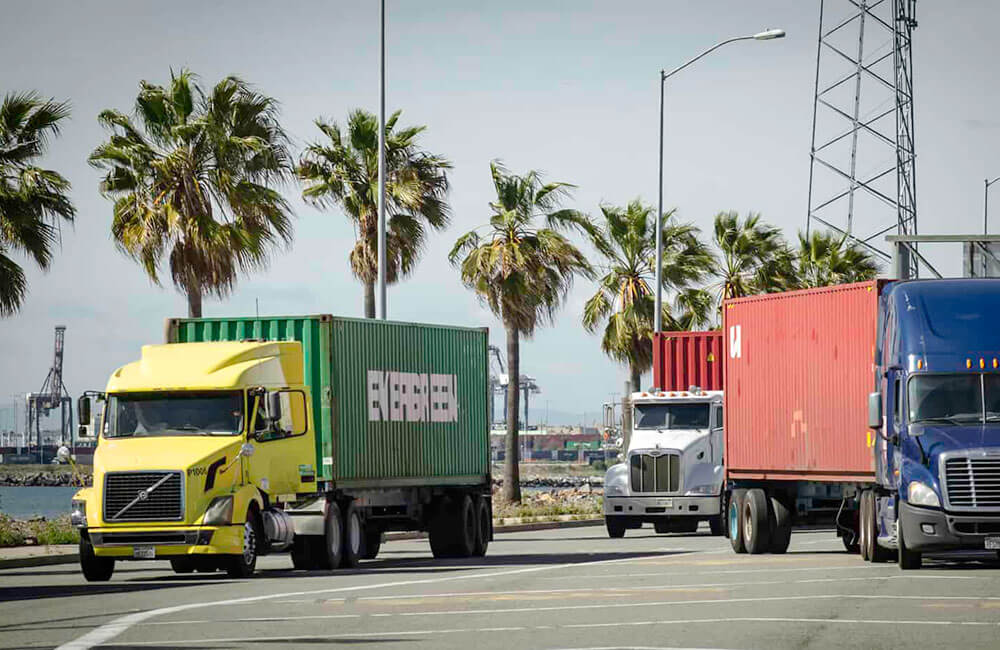Gig Economy Law Backlash

On September 18,2019, California Governor Gavin Newsome approved a new Independent Contractor Law that will take effect January 2020. This newly instated law imposes multiple ramifications for independent contractors, especially in the trucking industry.
Currently, thousands of truckers serve California, with only a few hundred of those individuals qualifying as employees. The remaining thousands are classified as independent contractors and receive payment based on load.
However, this recent ‘gig economy law’ will abolish tens of thousands of trucker jobs in California, and the California Trucking Association is fighting back. This new labor law is touted as protecting drivers that are a part of rideshare programs such as Lyft and Uber. However, the new law infringes on the federal ruling of what 70,000 independently contracted truck drivers have come to rely upon.
Essentially, this new gig economy law will pose new challenges for the trucking industry businesses because, for the most part, the independent contractors are categorized as ‘owner-operators’ and hired to fulfill work assignments based on load.

How the ‘Gig Economy Law’ Affects Independent Contractors
Previously, these independent contractors completed work delivery assignments and truck drivers addressed all other logistics. However, regardless of the highly publicized implications that the industry was erroneously classifying employees as independent contractors, the majority of independent truck drivers are in protest saying they do not want to be employees.
President of Jetco Delivery (a multi-million dollar trucking and logistics company), Brian Fielkow stated: “For people who can manage it … it’s a very, very good living and it’s a preferred way of life. [This law] will definitely discourage people from achieving what can be the best paying job for a professional driver, or group of drivers, in the industry … You’re really hurting and preventing a large group of independent businesspeople from succeeding and achieving the American dream.”
These independent truck drivers have made substantial investments into their rigs in an effort to become self-employed, yet the new bill will impose restrictions and hinder their ventures as entrepreneurs. For the most part, truck drivers have previous experience as industry employees and have purposefully set out to take charge of their schedules and futures, thereby investing $150,000 towards ensuring the cleanliness of their rig comply with the law. This new California law violates federal business law.
This new gig economy law, scheduled to take effect January 2020, would impact truck drivers along with rideshare drivers working for businesses like Lyft and Uber substantially by reclassifying these individuals as employees. In doing so, they will be restricted to a set wage.

The 3-Pronged Test
The court has set a new, three-pronged test that companies are now supposed to use to see if a trucker is classified as an employee. According to this test, in order to be labeled a contractor, a worker must be free of the company’s control. They must also perform work “outside the usual course of the hiring entity’s business.” Finally, they must be “engaged in an independently established trade, occupation or business of the same nature as the work they are performing.”
These laws are estimated to apply to nearly 66% of people who are currently classified as independent contractors. This is because most independent contractors now work primarily, if not exclusively, through companies like Uber Freight. In doing so, this exclusivity in itself will likely lead to them failing the law’s “independent” contractor test.
Independent truckers are typically experienced drivers who have previously worked as employees and have, by choice, went out on their own. We should not deprive them of that choice.
Shawn Yadon, CEO: California Trucking Association

The CTA Files Lawsuit
In the midst of this news, the California Trucking Association has filed a lawsuit that challenges these new regulations. Multiple sources have confirmed now that the California Trucking Association is in the process of filing a lawsuit that will challenge these new labor laws.
While the law is being posed as beneficial to these drivers, with proponents saying it will bring “wage and benefit protections to gig economy drivers,” the California Trucking Association is up in arms over its new restrictions and threat to independent contractors’ freedom to conduct their businesses.
The organization has come out to publicly state its dismay of these regulations, arguing that it violates federal law. They have explained how it would negatively affect the more than 70,000 independent truck drivers and their ability to work, citing that many would now lose their $150,000 clean truck investments and freedom to govern their own schedules in order to comply with these laws. Moreover, the California Trucking Association says these laws directly infringe on interstate commerce.
Association CEO, Shawn Yadon, stated: “Independent truckers are typically experienced drivers who have previously worked as employees and have, by choice, went out on their own. We should not deprive them of that choice.”
Keep Up-to-Date
To keep up to date with this story and other trucking industry news, subscribe to the Suppose U Drive newsletter.

